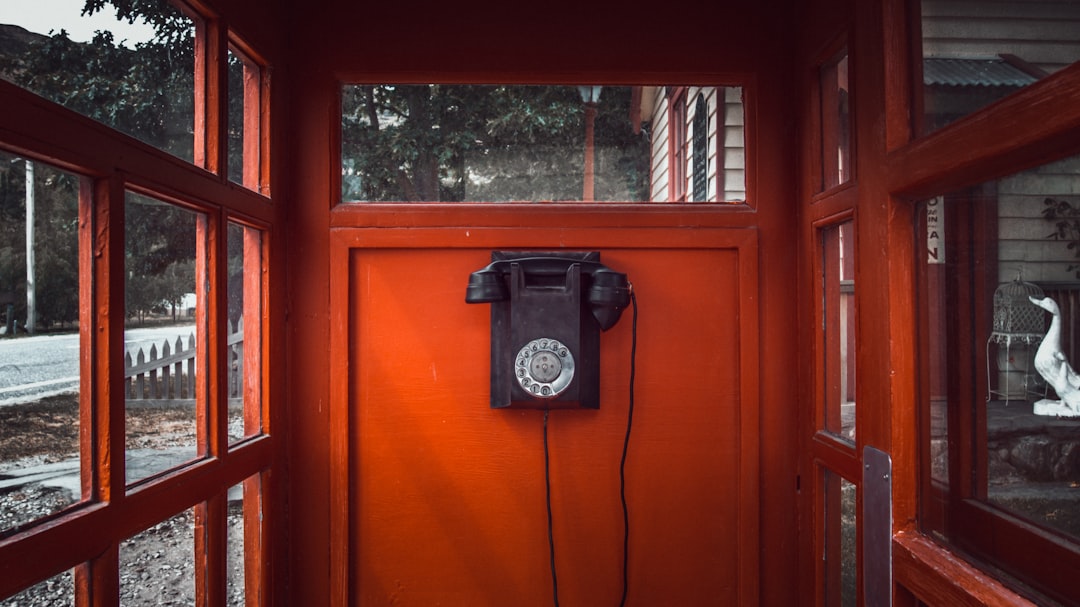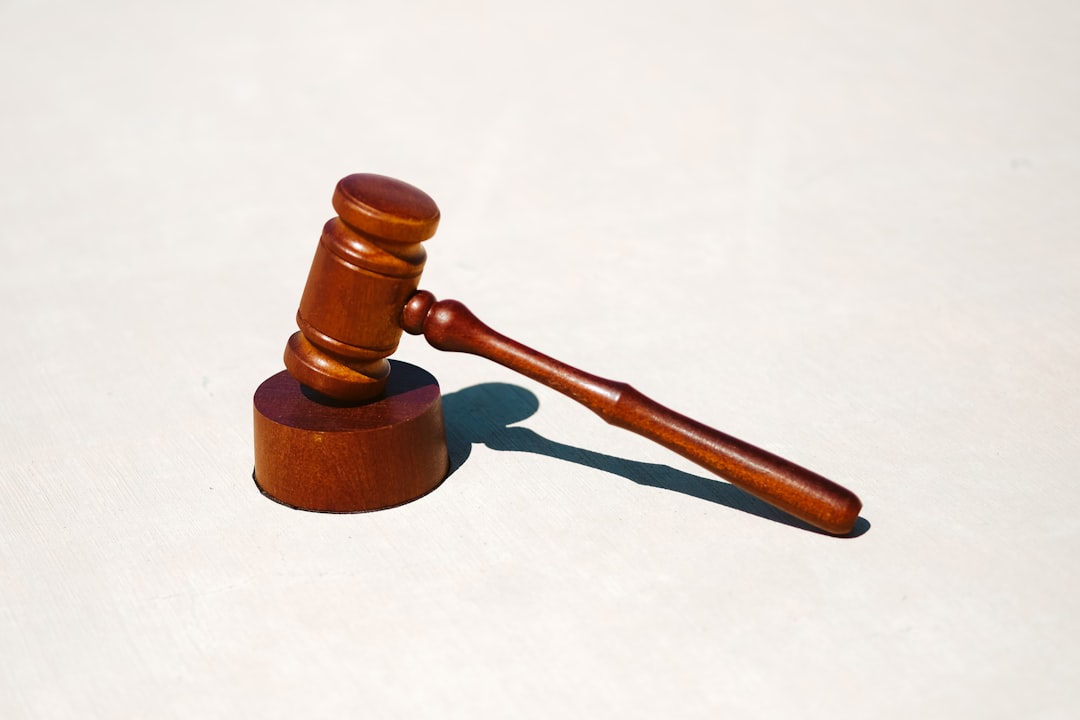In Michigan, No Call Lawyer services are crucial for protecting student privacy and guiding educational institutions on ethical communication practices, as schools navigate strict call regulations, especially in Port Huron, regarding attendance, discipline, and academic matters, while adhering to laws like FERPA.
“In the bustling educational landscape of Port Huron, Michigan, understanding call regulations is paramount. This article delves into the intricate web of policies governing communication in Michigan schools, with a specific focus on the role of a No Call Lawyer. We explore student privacy protections and offer best practices for ethical communication. By navigating these legal boundaries, educational institutions can foster a safe learning environment while adhering to state guidelines. Discover how a No Call Lawyer Michigan expertise can be instrumental in maintaining compliance.”
Understanding Call Regulations in Michigan Schools

In Michigan, call regulations for educational institutions are designed to ensure fair and ethical communication practices. These rules govern how schools can contact students, parents, and guardians, especially regarding attendance, discipline, and academic performance. Understanding these regulations is crucial, particularly for No Call Lawyer Michigan services that support both students and schools in navigating such policies.
The state’s guidelines typically include restrictions on the timing of calls, allowing schools to reach out during specific hours when it’s most likely to be convenient for the recipients. There are also provisions regarding the frequency of calls, ensuring a balance between maintaining open lines of communication and avoiding excessive contact that could become intrusive or unwanted. Adhering to these regulations not only protects individuals’ privacy rights but also fosters a positive relationship between schools, students, and their families.
The Role of No Call Lawyer in Educational Cases

In educational institutions, especially in Michigan, the role of a “No Call Lawyer” is increasingly significant. These legal professionals specialize in handling cases related to unwanted calls or communication, ensuring that schools and universities adhere to privacy laws and student rights. In an era where technology facilitates constant connectivity, maintaining boundaries between educational entities and students is crucial. A No Call Lawyer in Michigan helps navigate these complex issues by providing guidance on acceptable communication methods, addressing excessive or inappropriate contact, and representing students’ interests when institutions fail to respect their no-call preferences.
When a student feels their right to privacy has been invaded due to relentless calls from schools or related organizations, a No Call Lawyer steps in. They offer strategic advice on how to document and report such incidents, negotiate with institutions, and take legal action if necessary. Their expertise ensures that educational regulations are enforced, protecting students’ well-being and academic freedom without unduly hindering the important communication pathways between educators and learners.
Navigating Legal Boundaries: Student Privacy and Calls

In Port Huron, like many cities across Michigan, educational institutions must carefully navigate legal boundaries regarding student privacy and phone calls. With the implementation of the Family Educational Rights and Privacy Act (FERPA), schools are restricted from disclosing personal student information to third parties without explicit consent. This includes any form of communication, such as phone calls, that may reveal details about a student’s academic or personal life.
When it comes to unsolicited calls from No Call Lawyer Michigan or other external sources, educational institutions must adhere to strict protocols. They are permitted to provide contact information for official school purposes but should avoid sharing data without proper authorization. This ensures that students’ privacy is maintained while also allowing schools to communicate effectively within legal boundaries.
Best Practices for Safe and Ethical Communication

When it comes to educational institution call regulations in Port Huron, implementing best practices for safe and ethical communication is paramount. Schools and universities should establish clear guidelines that promote responsible contact with students, parents, and staff. A No Call Lawyer Michigan expert recommends prioritizing consent management, ensuring all parties have agreed to receive calls or messages, especially regarding sensitive topics.
Regular training for administrators, teachers, and support staff on privacy laws, data protection, and ethical communication practices is crucial. This includes knowing when and how to use alternative contact methods like email or online portals to avoid unwanted phone calls. By adhering to these standards, educational institutions can foster a more secure and respectful learning environment while ensuring compliance with relevant regulations.






